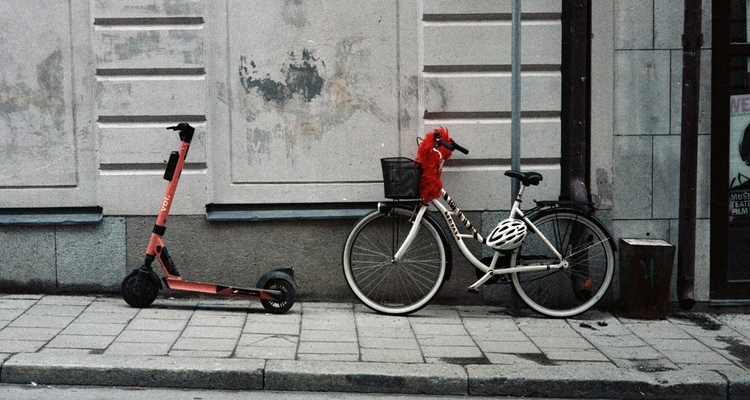
8 Little Changes That Can Have a Big Environmental Impact
By Natalie Lewis
It can sometimes feel like our individual actions aren’t enough when it comes to protecting the environment, however just a few small sustainable changes can absolutely make a massive difference over time, especially when we all make them!
There are so many simple and easy changes you can make to your lifestyle to be more environmentally friendly without it feeling like a burden.
Here’s your guide to making sustainable changes.
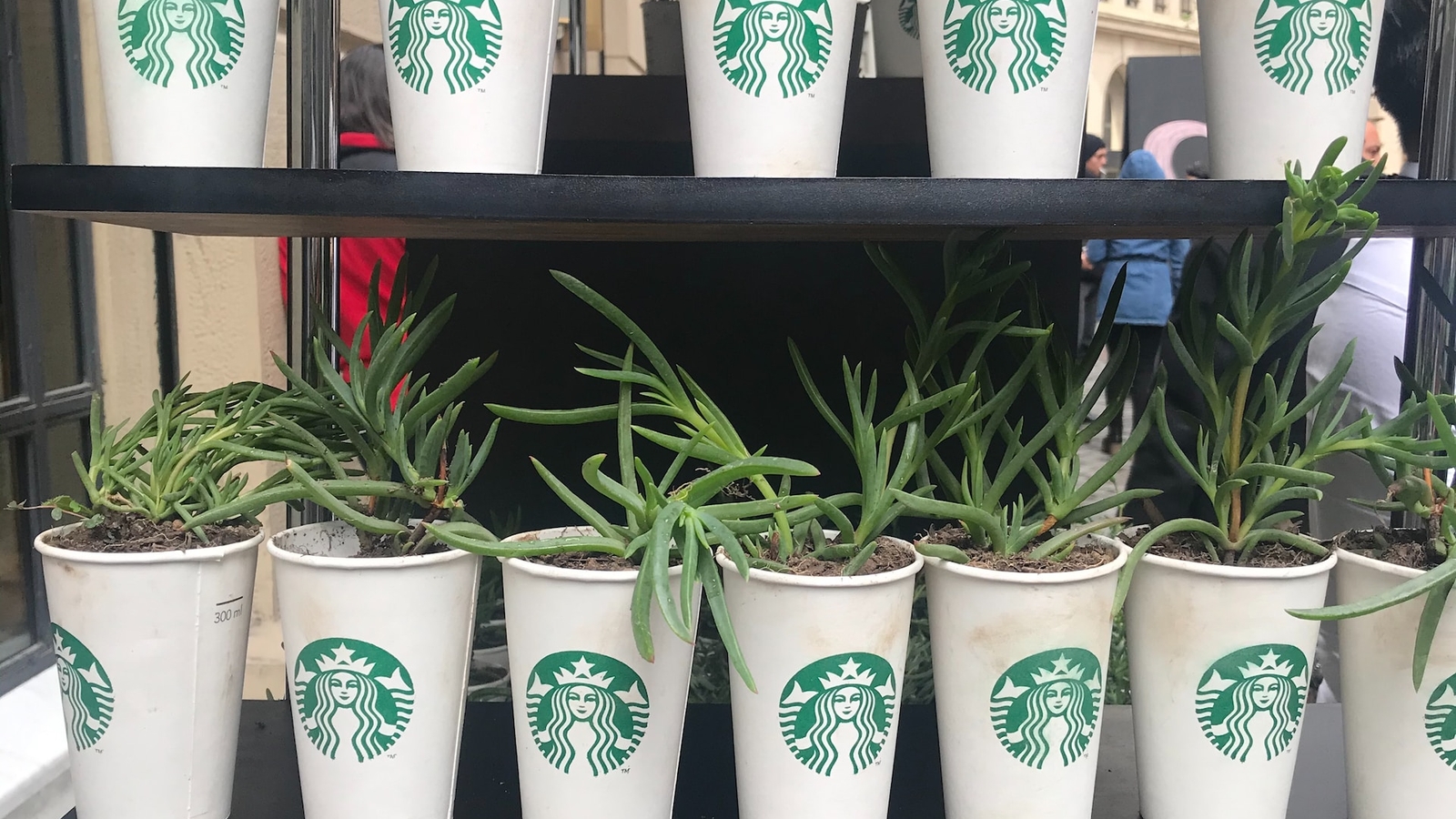
The ‘Three Rs’
When it comes to waste management the most important principles to encourage in your daily life are; reduce, reuse and recycle. Including these three concepts in your routine helps to decrease the amount of rubbish we produce and discard. This eliminates pressure on landfill sites, as it minimises the amount of waste being disposed of there.
In 2021, over 27.2 million tonnes of household waste was generated in the UK. The large amount of waste sent to landfills is causing it to pile up. This releases toxins and the greenhouse gas methane, from a lack of oxygen. It negatively affects the surrounding environment and can cause health problems. It can also damage wildlife as it seeps into the environment.
Here are some simple tips to incorporate ‘the three R’s’ into your life to be more sustainable!
To reduce the amount of waste sent to landfills, you can be more mindful when shopping and only buy essential products. A great way to prevent yourself from overbuying is to meal prep, which helps you to plan out what you will eat for the week.
Buying in bulk is a great way to reduce your waste consumption. It decreases the amount of packaging you buy, in comparison to a single packaged item. Buying in bulk helps to save the amount of plastic used, and also saves your wallet some pennies in the long run! Purchasing loose fruit and vegetables also helps to reduce the amount of plastic consumed.
Reusing items repeatedly not only helps to save the environment but also helps you to save money too. Buying items like reusable cups, bottles and shopping bags are simple changes you can make to be more-eco-friendly. It prevents items from being thrown away after just one use, effectively decreasing the amount of waste in landfills.
Reusing items can also mean repurposing them. Glass jars could be used for storage, plastic bottle could be used as a rain-catcher and even newspapers could be used as cat little box liners. There are so many ways of repurposing common household items, you just have to get creative!
Recycling has many benefits. Helping to minimise the necessity of landfill sites, it reduces the amount of greenhouse gases released. In the UK, recycling saves up to 15 million tonnes of carbon emissions each year.
A great way to improve your recycling is to keep a recycling bin next to your rubbish bin. As it will serve as a prompt to recycle more consistently. When recycling, fold cardboard boxes over, this gives you more room in your bin to recycle more.
Keeping a box next to your front door will also help you to recycle any junk mail, as it can be collected easily and put into your recycling, which will help it to become part of your routine.
Read the labels on products if you are unsure as to what can be recycled. For any information on recycling check out your local council’s website for advice and information.

Conserving Energy
Electricity is a major part of our everyday lives, as modern society revolves around technology, however we can still reduce our energy consumption and conserve energy with minor changes in our routines.
It is important to conserve energy as burning fossil fuels is used as a major source to generate electricity, which emit greenhouse gases into the atmosphere.
Being mindful of the amount of energy you consume can help you to be more environmentally friendly and can also save you money long-term!
Did you know by simply turning off your lights when you leave a room could save you £20 on your annual electricity bill? What’s more, is switching to LED lights could save you even more as they consume 80% less energy than normal bulbs!
Swapping to energy-efficient appliances will also reduce your energy consumption, however, this may not be affordable, so by simply unplugging your electronic devices when you aren’t using them will also help to save energy. Small changes like turning the tap off when brushing your teeth will also have a massive positive impact on energy conservation.
You can also challenge yourself to minimising your shower time, this helps to save water and also maximises your time to do other things!
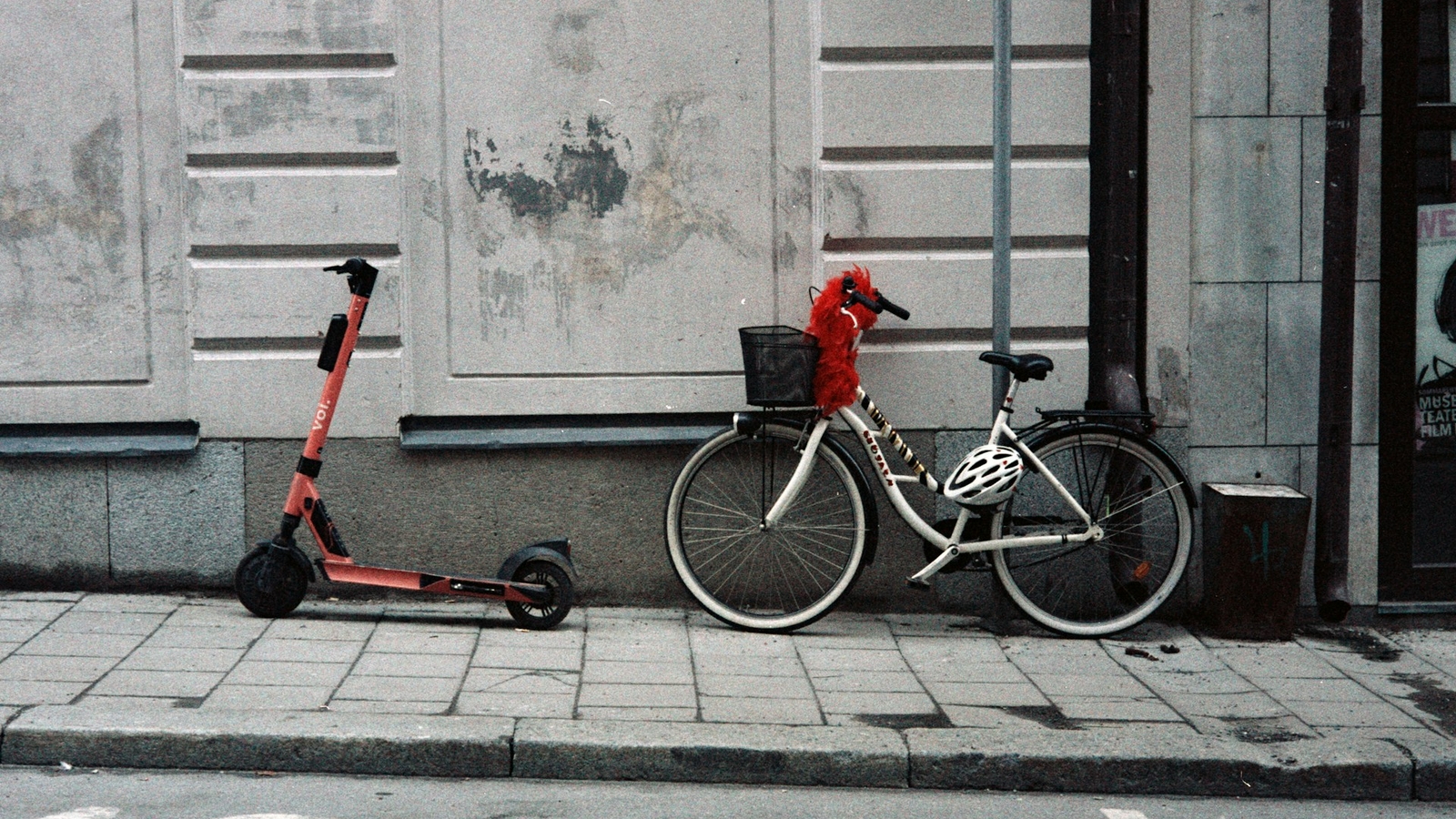
Sustainable Travel and Transportation
The astronomical prices of fuel is not only affecting our wallets but the environment too, polluting the earth with carbon emissions.
There are different methods to help you cut down of both of these problems. How about carpooling with colleagues? Living close to a work friend means you can both alternate driving, helping to take a car off the road and save on that petrol. Not to mention those parking fees!
Taking the bus or train can also reduce carbon emissions. Travelling by train can decrease carbon emissions by 10 times per passenger, compared to travelling by car. This small change can make a massive difference. Imagine if 10 people travelled by train, how much carbon emissions this would save!
You could even challenge yourself, if your destination is closely located you could walk or ride your bike. This will reduce your carbon footprint and increase both your physical and mental health. Try finding a podcast or listen to music to help you on your way.
Sometimes circumstances might make it difficult for us to use public transport, whether it’s trying to get those grocery bags home or those days when you are running late and nothing is going right. So when using your own car make sure you don’t have heavy items on your backseat or boot which will weigh the car down. Remember don’t rev too much!
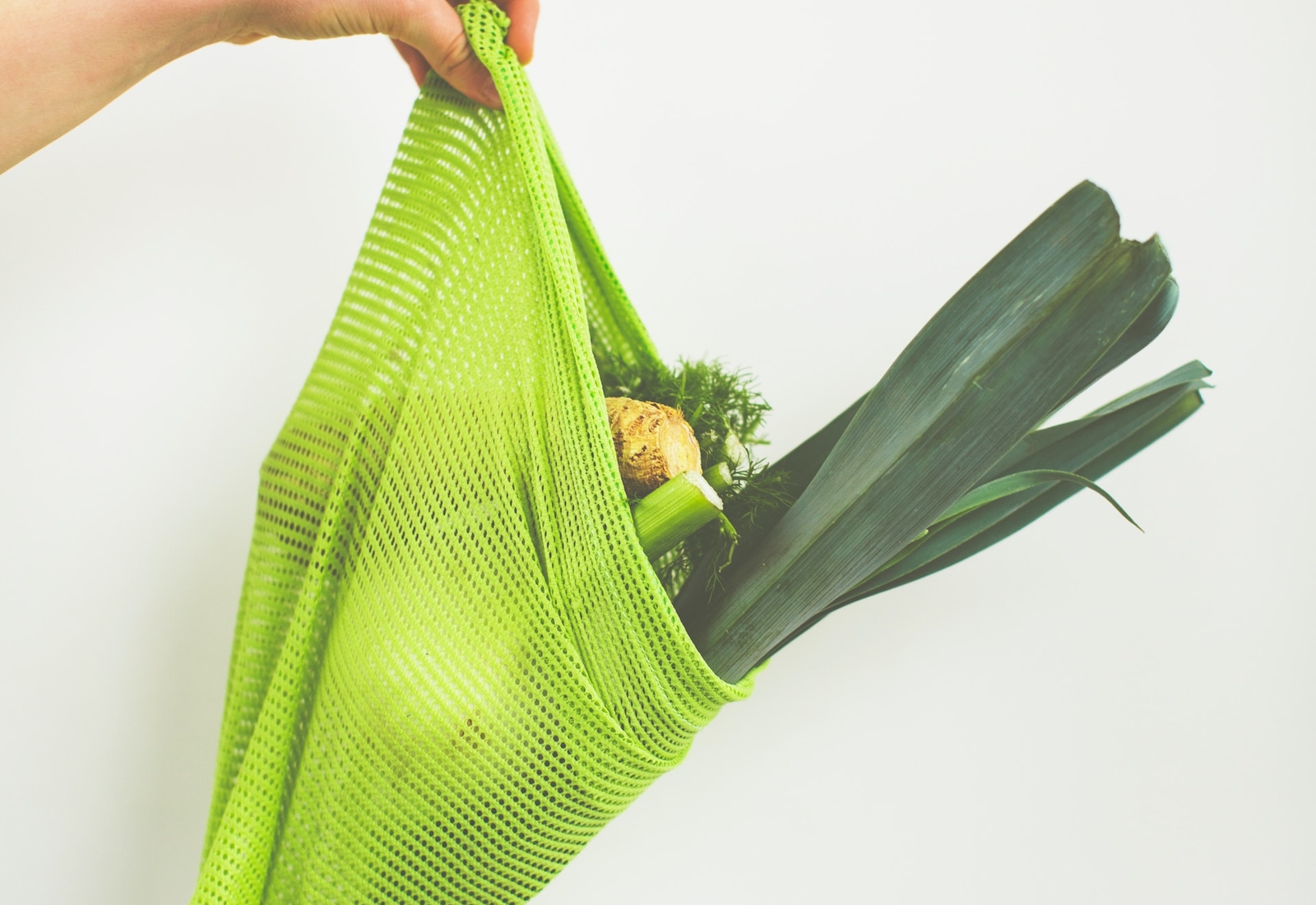
Shopping More Sustainably
Shopping sustainably refers to the items we buy. It’s being mindful of the process the products went through before sitting on a shop shelf. By being aware of the materials used to manufacture the product, or the energy consumed during the course of its making, as well as the carbon footprint associated with the travel of the product really helps to be more sustainable.
Buying second-hand items is a great way to be more-eco-friendly. Whether its clothes or toys it reduces waste and prevents products from going to the landfill. Furthermore, if you are tired of any old unwanted items don’t throw them away, donate them or even sell them to make extra cash on websites such as Vinted.
We’re all guilty of buying cheaper products for convenience, which have to be replaced more frequently. By investing in products that are of good quality, makes them last longer and produces less waste. Although it can be expensive to buy quality, make sure you check out second-hand shops, as they have designer items there!
Furthermore, by researching brands before buying can increase your sustainability. Knowing the manufacturing process of the item, and the conditions it was made in, can help you to decide how to proceed.
Using reusable shopping bags can also help you to be more sustainable, and we all need a treat while we shop, so why not buy a reusable coffee cup for on the go!
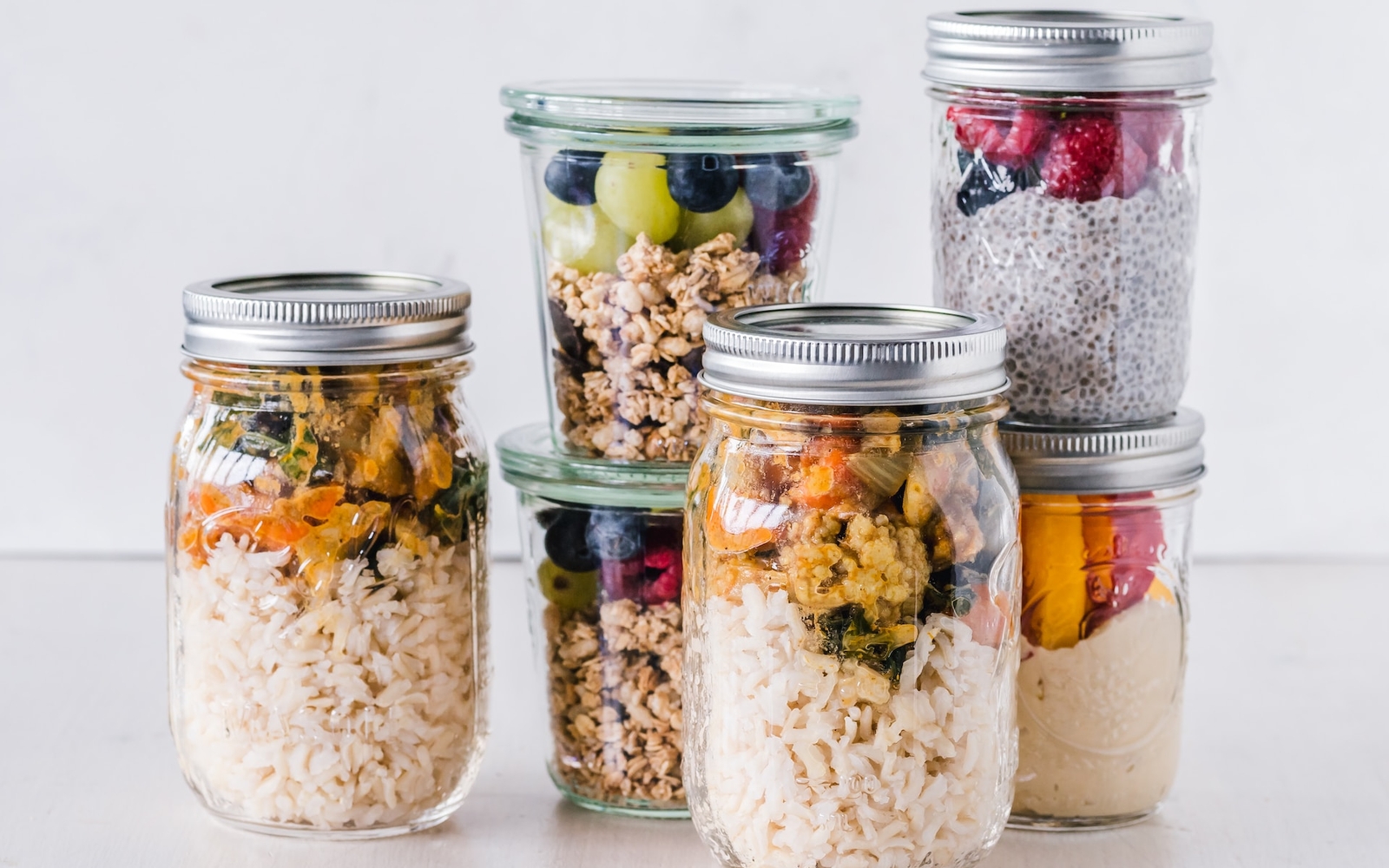
Eat A More Sustainable Diet
Each year over 9.5 million tonnes of food is disposed of in the UK. Fated to being left decomposing in a landfill, it produces the greenhouse gas methane. Food waste not only results in environmental problems but economic and moral. Not only does it waste millions of pounds, there are 8.4 million people in food poverty.
Being more mindful when buying food will help you reduce food waste. Meal prepping before going shopping will prevent you from over-buying food which will inevitably be thrown out. It will also help you to save money by controlling what you buy.
Reducing your meat consumption can have a positive impact on the environment. Animal farms are a major producer of methane, as animals – particularly cows – emit this greenhouse gas when digesting their food. Fertilisers also contain nitrogen with is another source of emissions.
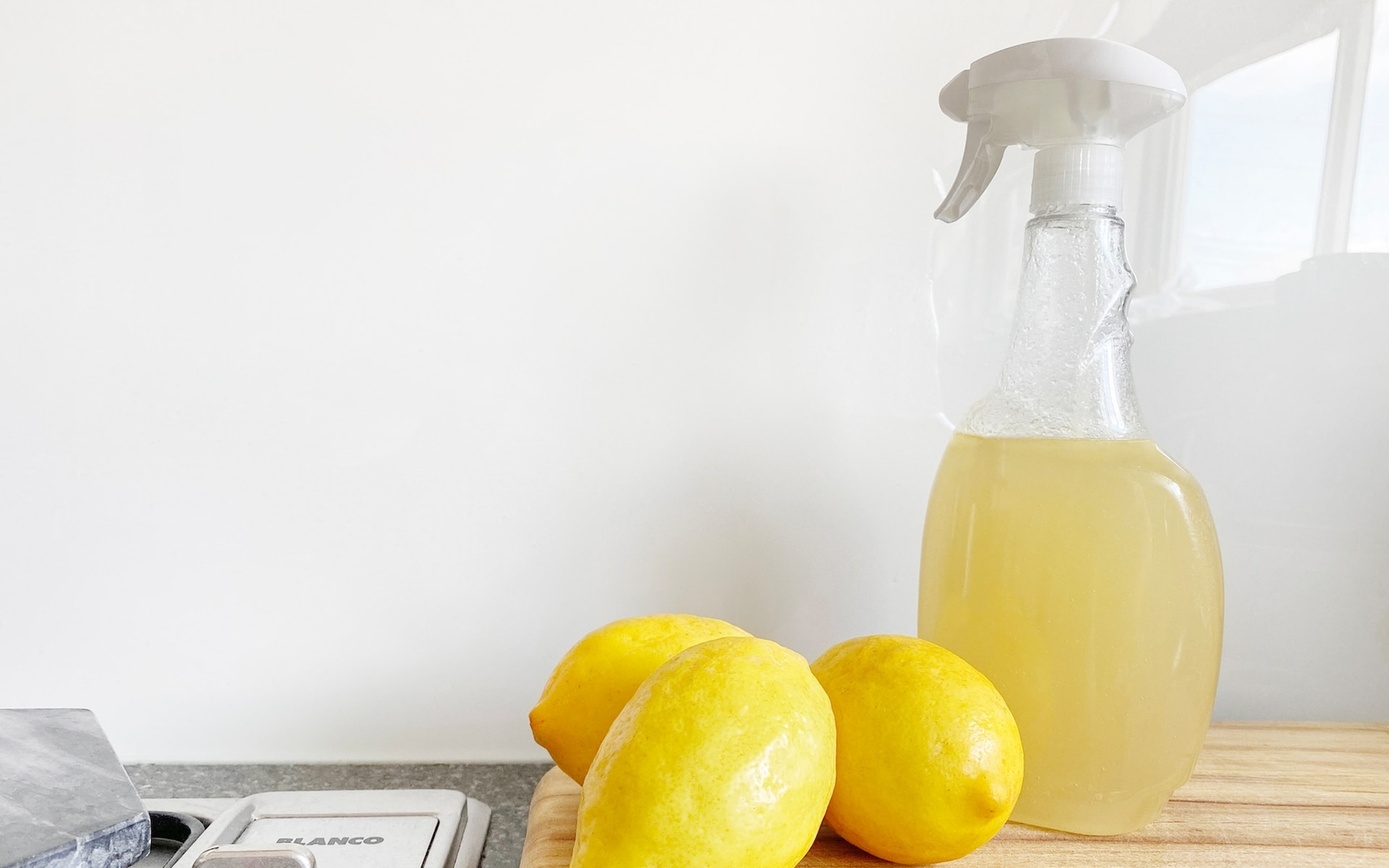
Create A More Sustainable Home
There are so many easy changes to make to your home to be more sustainable. Making the switch to natural cleaning products will leave your home chemical free. This helps to minimise pollution in your home for your family. It can also help you to save money as you can make your own products such as an all-purpose cleaner from mixing water and distilled white vinegar, you could even have fun adding essential oils to cater to your preferences!
You could also try composting, collecting food scraps helps to prevent them from going to landfills and producing greenhouse gases. Mixing them with dried leaves or wood helps them to decompose correctly. The whole family could be involved when planting the compost in plants or vegetable patches, helping to teach the children about sustainable and gardening!
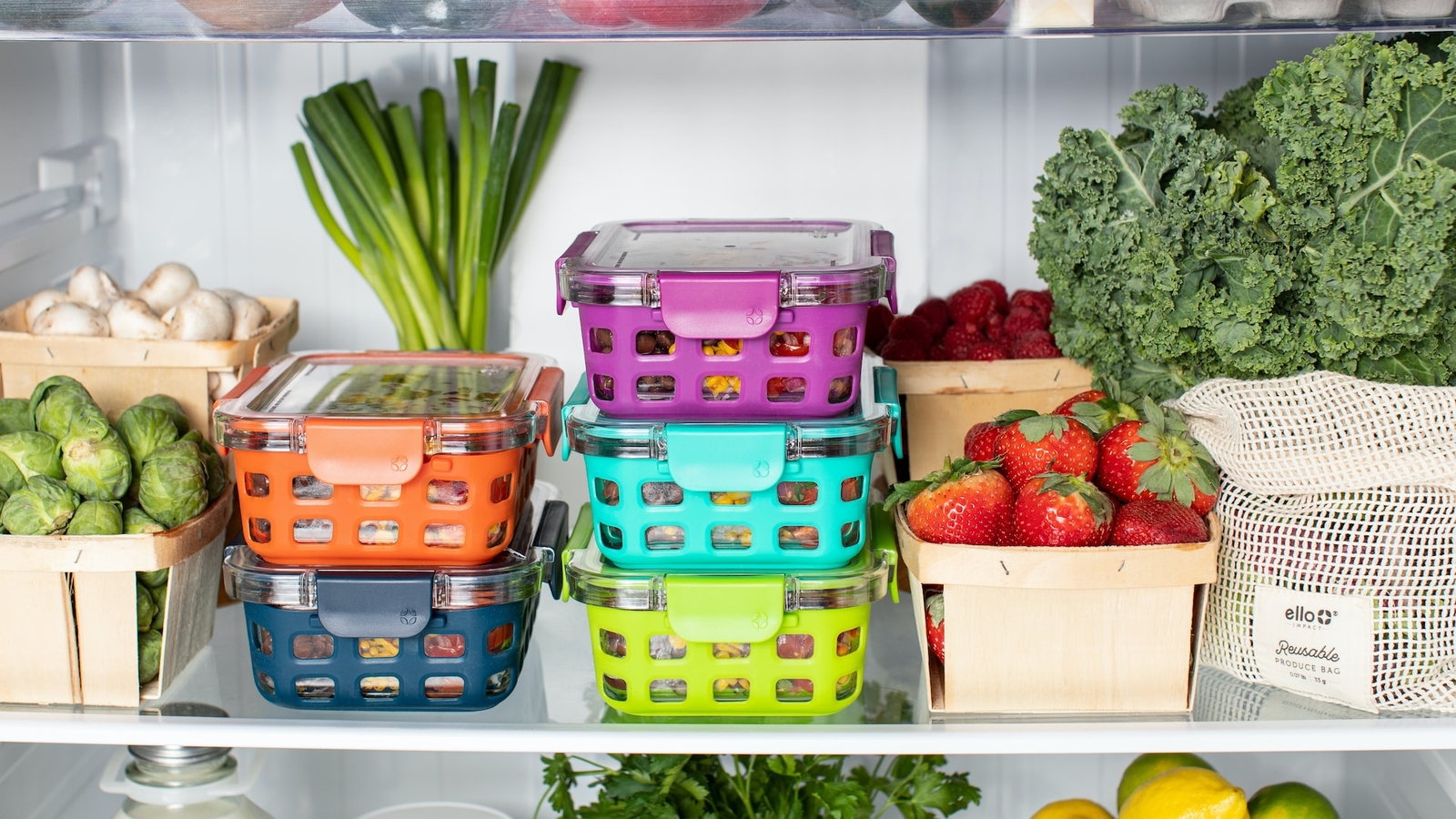
Switch To A Plant-Based Lifestyle
Incorporating a plant-based diet in your lifestyle helps to reduce carbon footprints and it can also be healthier for you! Eating a vegetarian diet can reduce the amount of carbon emissions produce by two and a half times. By adding plant-based food into your diet slowly, it will help you to stay consistent in the long-run!
Cooking more often at home, rather than going to restaurants will also help you to stay consistent with your plant-based lifestyle. It will help you to control what you’re eating and also save you money!
If you really want to eat meat, how about swapping traditional meat for new plant-based meat products!
Conclusion
Making realistic changes in your routine is aiding the sustainability of the environment. There are so many simple and cost-effective changes you can make to your lifestyle to be more environmentally friendly.
Remember small changes can have a big impact! Individual actions are catalysts for change and the more people who participate the bigger the effect!



